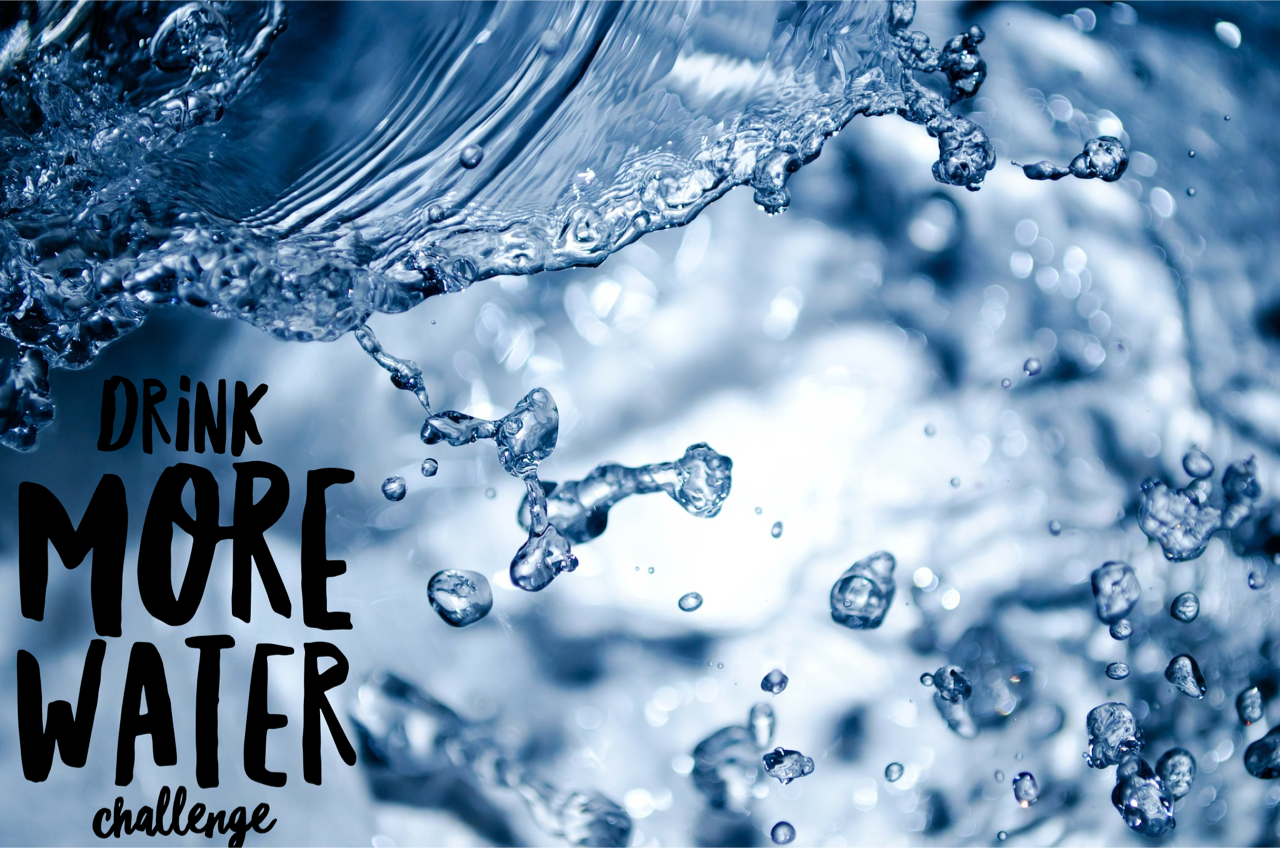The age old professional saying is “Never send an angry email.” This is sound advice (this article shares some good tips), but an equally important precaution is to avoid sending hangry emails too.
First things first: what is hanger?
Hanger is defined as “bad-tempered or irritable as a result of hunger.” (source) For some, the feeling can come on quickly or they may not even realize they’re acting hangry, but others notice a shorter, less patient tone. Others feel physiological sensations such as weakness or shakiness.
The majority of clients I’ve worked with admit that they have personal experience with this emotion (I do, too!). This playful name and all of the marketing around it is normalizing a symptom instead of helping people know they can make changes to prevent it.
I mentioned this same notion in my “4 Reasons You're So Tired (and what to do about it)” post. Just because something is commonplace doesn’t mean it’s right or has to be this way. It’s the same principle when people reference that the majority of people are dissatisfied in their jobs – just because other people dread going to work doesn’t mean you have to, too.
So, if you’re a hangry person, what can you do?
There are a handful of ways to both prevent and address hanger. As with most wellness topics, prevention is ideal instead of dealing with the symptoms, but we’ll cover both!
Hangry Influences
To understand how to try to avoid hanger in the first place, let’s discuss the main catalyst – low blood sugar. When it’s been a while since you last ate, or if you ate food that causes a blood sugar rollercoaster, your body thinks the glucose levels are too low and sees it as an emergency situation. This sends your body into a “fight or flight” response:
What’s interesting is the connection between food and emotions:
“Another reason hunger is linked to anger is that both are controlled by common genes. The product of one such gene is neuropeptide Y, a natural brain chemical released into the brain when you are hungry. It stimulates voracious feeding behaviours by acting on a variety of receptors in the brain, including one called the Y1 receptor. Besides acting in the brain to control hunger, neuropeptide Y and the Y1 receptor also regulate anger or aggression…
Hanger is undoubtedly a survival mechanism that has served humans and other animals well. Think about it like this: if hungry organisms stood back and graciously let others eat before them, their species could die out.” (source)
Prevention and Hanger Management
What You Eat
When we eat simple carbohydrates, or simple sugars, on their own, our body breaks them down too quickly and that sets us off on the blood sugar spike then crash cycle. When you’re already feeling hangry, you’ll be tempted to grab that donut or bagel, because your body wants the fastest way to increase blood sugar possible. Those options will perpetuate the cycle when you inevitably come crashing down.
Pairing your carbohydrates with protein and fat will slow the process of breaking them down, thus keeping you full longer and avoiding the rapid changes in glucose levels.
For examples to make this clearer for you, I found this Pinterest page with a TON of meal ideas.
When You Eat
Other ways to prevent hanger are to eat breakfast (one with protein, fat, and carbs vs that donut or bagel on the go!) as you’ll likely have not eaten for at least 8+ hours, and when you skip it your body starts to get distressed. I’m a believer in listening to your body and many people think they don’t feel hungry for breakfast, but I invite you to try an experiment of having something small within the first hour of waking and then examine your energy levels through to lunch. I’ve had many clients notice a HUGE shift in their energy based on this tiny tweak alone.
The topic of snacking it hotly debated in the wellness world, but for some people (especially those who are super active), it’s a necessary step to manage blood sugar levels. Have healthy snacks in your desk drawer, in your bag, or know where there are healthy options near your office so you’re not stuck with the vending machine or office party leftovers (aka sugar and carbs!).
When In Doubt - Breathe!
If food isn’t in sight, take deep belly breaths to help mitigate that “fight or flight” mode (this activates your parasympathetic nervous system). I’d especially recommend this if you’re at work and trying to avoid being reactive to whatever you’re managing at the time! If you know you can get hangry, and notice certain trends or times of day when it happens, try to keep the more sensitive and important tasks and emails away from this danger zone as you make these shifts in your eating habits. This may be just what you need to avoid sending that hangry email!
Do you get hangry often?
Do you notice it impacting your performance at work?
Is it interfering with personal or professional relationships?
How can you pick one of the tips in this post and try to incorporate it into your life to start your hanger management protocol?









